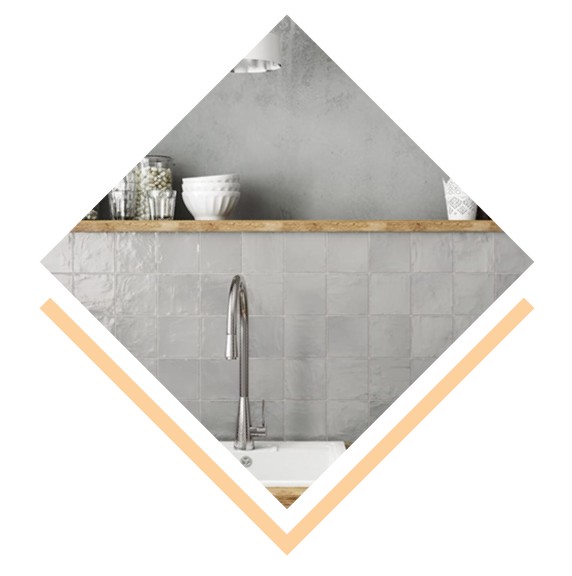Ensuring access to clean and safe drinking water is essential for every household. Let’s explore the significance of drinking water filters, their benefits, and the advantages of using dedicated kitchen water filters.
Importance of Drinking Water Filters
1. Ensuring Safe and Clean Drinking Water
- Drinking water filter removes impurities, contaminants, and pollutants from tap water, ensuring its safety for consumption.
- They eliminate harmful substances such as chlorine, sediments, heavy metals, and bacteria, providing purified water for drinking and cooking.
2. Protection Against Health Hazards
- Drinking water filters play a vital role in safeguarding health by reducing the risk of waterborne diseases caused by contaminated water.
- They improve the taste, odor, and clarity of water, encouraging regular hydration and promoting overall wellness.
Understanding Drinking Water Filters
1. Types of Drinking Water Filters
- Activated Carbon Filters: Effectively remove chlorine, volatile organic compounds (VOCs), and contaminants by adsorbing impurities onto the carbon’s surface.
- Reverse Osmosis Systems: Utilize a semipermeable membrane to remove dissolved solids, bacteria, viruses, and heavy metals from water.
- UV Filters: Use ultraviolet light to disinfect and kill bacteria, viruses, and other microorganisms present in the water.
2. Functionality of Kitchen Water Filters
- Kitchen water filters are installed at the point of use, typically on faucets or under sinks, providing immediate access to clean and purified water for drinking and cooking.
- They enhance water quality by effectively removing impurities and improving taste without altering water pressure.
Benefits of Dedicated Kitchen Water Filters
1. Improved Water Quality for Consumption
- Kitchen water filters specifically focus on providing clean and purified water suitable for drinking and cooking purposes.
- They remove contaminants and impurities, ensuring better taste, odor, and clarity of tap water.
2. Convenience and Accessibility
- Having a dedicated kitchen water filter installed allows immediate access to clean water for drinking and cooking needs.
- It eliminates the need for purchasing bottled water, reducing plastic waste and providing a continuous supply of purified water.
Considerations When Choosing Drinking Water Filters
1. Water Quality Assessment
- Conduct water quality tests to determine the specific contaminants present in tap water, aiding in selecting the most suitable filter.
- Professional testing services or home testing kits provide insights into the composition of tap water.
2. Maintenance and Filter Replacement
- Regular maintenance and timely replacement of filter cartridges or membranes are crucial for the effective functioning of drinking water filters.
- Consider the frequency of filter replacements and associated maintenance costs when choosing a system.
Conclusion: Prioritizing Clean Drinking Water with Filters
Investing in a drinking water filter, particularly dedicated kitchen water filters, ensures access to safe and high-quality drinking water. Understanding the types of filters available and their benefits assists in choosing the most suitable option for improving tap water quality.
When considering drinking water filters, prioritize the quality of your tap water and conduct thorough research to select the filter that best meets your household’s needs. Let a well-maintained drinking water filter system ensure access to clean and healthy water for your family.


